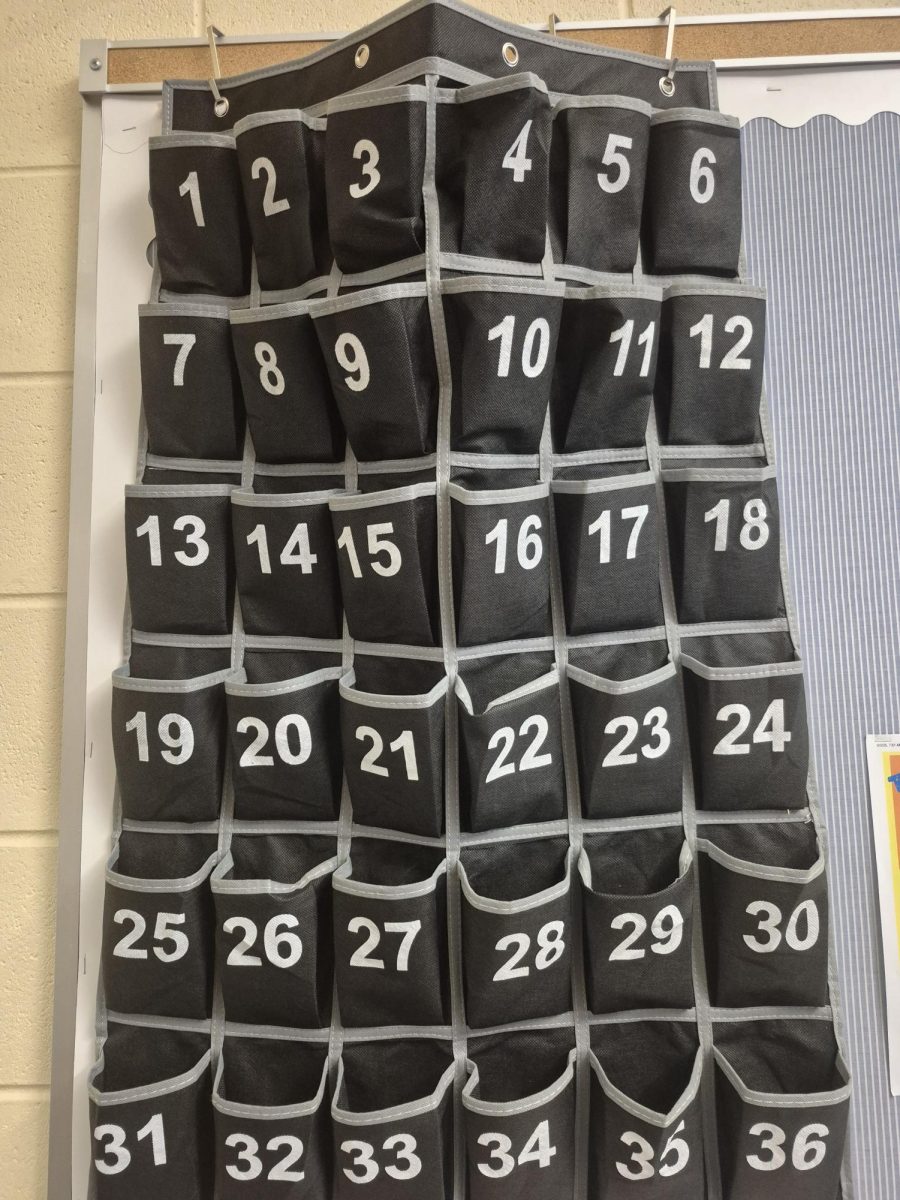High school students are getting lazy. Real lazy. So lazy, that it is becoming the norm for a majority of students. “I’m starting to find it super hard to start the things I need to do, so sometimes I just don’t until later,” Sr. Andrea Nguyen said. Now, a little procrastination here and there will not cause the destruction of one’s future, but it can have some consequences if exercised too often. Although many believe that after high school, they will kick their work ethic into high gear and be extremely successful in college and further careers, procrastination can cause a devastating amount of damage on one’s future.
In high school, students procrastinate because they know they can avoid the work and still succeed or because they have put their efforts in different activities, such as sports, extra curricular activities, or catching up on sleep. For those above and beyond students such as Jr. Emeline Root, the effort is directed in towardher Dual Enrollment classes. “I do so much better in my Hope College classes, because I’m paying for those classes, “ Root said.
When students are thinking about their future education, they can sometimes envision passing all of their classes easily, while living a wild social life, and doing it all within the 24 hours of the day. But for some college students, these predictions fell flat. “Procrastinating was just a habit for me when I rolled into college. I thought that college was just a larger high school. I dropped out after my first semester. My grades couldn’t meet the mark,” Nutritionist Christian Kleinjans said. Kleinjans regrets dropping out of college, and believes that it was a deterrent to moving forward. In high school, students can breeze through their classes because they feel no need to push themselves. But when they enter college, the workload can hit them like a train. If they changed their habits of procrastination in high school, the transition could have been easier to handle, leading to more success.
For those who truly struggle with their procrastination, meaning they can’t or don’t stop, this habit can continue all the way into the workplace. A work environment is different from high school or college, in the sense that all of the members are working towards common goals, and getting paid. But procrastination isn’t as easily labeled at a job as it can be in high school. “It is difficult to determine whether it is a workload issue, or the procrastination at fault,” Supervisor Phil Strobel said. Strobel has supervised work teams in Denver with the EPA, and has had experience dealing with employees ranging from power-house workers, to slacking procrastinators.
Strobel said, “In those cases [of procrastination], I find myself engaging with the employee much more frequently to assure that they are properly prioritizing their work.” Employers, much like teachers, are all working towards helping procrastinators complete their work on time. If procrastination is getting out of hand, it can lead to extensive consequences, so the sooner it is stopped, the better.
Students: These stories are not scare tactics in order to get you to want better grades in high school. These stories are meant to alert you of the rough reality that comes with procrastination. Kleinjans went back to school and recently got a Master’s Degree in Public Administration. Procrastination isn’t an unstoppable force, that once developed cannot be stopped. Many students, if not all, endure the same struggle for motivation. What separates the employed and unemployed, the graduates and the dropouts, is rising from that struggle.







